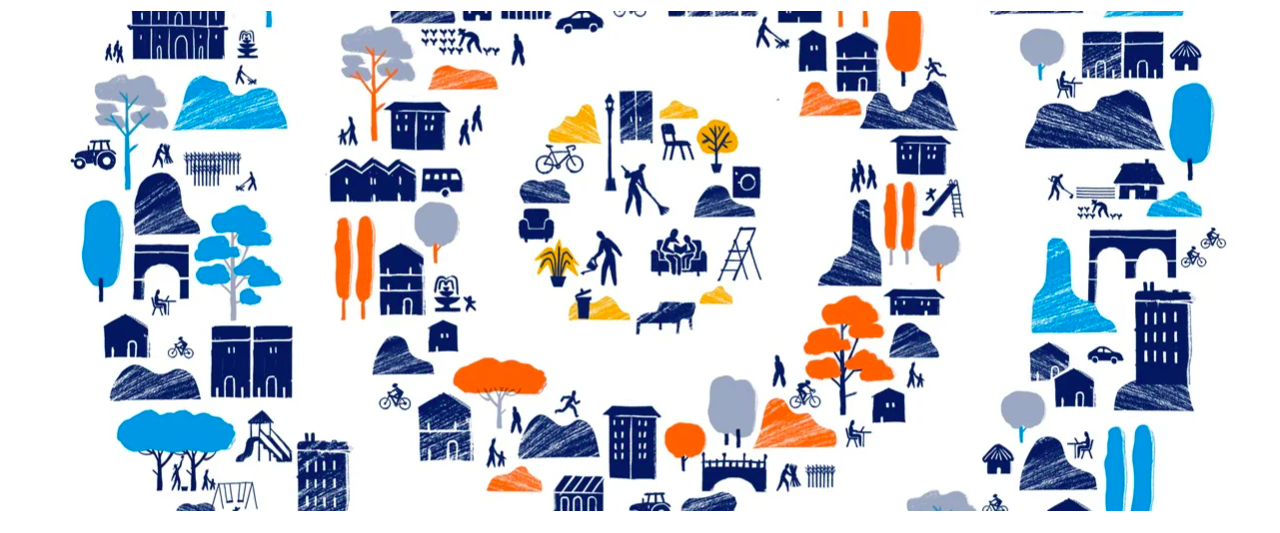“This journey has not been easy. It’s taken years of dedication, assessing local needs, crafting city health profiles, and designing plans that deliver real, measurable change for the people you serve. I am inspired by your perseverance,” said the Regional Director.
The awards were presented to cities that demonstrated improvements across interlinked determinants of health ranging from environmental, social, economic, commercial, sustainable, and governance dimensions. The initiative aims to inspire cities to address health challenges through strengthened urban governance and a whole-of-society approach.
Each of the ten awarded cities demonstrated unique strategies tailored to local needs. Addu in the Maldives, focused on youth empowerment, urban farming, and employment training. Badulla Municipal Council in Sri Lanka, advanced dengue control, school nutrition programmes, and improved waste management. Bangkok Metropolitan Administration in Thailand expanded green public spaces and led community-centered initiatives like the 15-minute park strategy and sports infrastructure expansion. Bansuan Municipality in Thailand focused on elderly care and community resilience through home visits ensuring ‘no one is left behind’. Dhulikhel Municipality in Nepal strengthened community engagement through inclusive health committees and local reviews of SDG progress.
From Thailand Klong Chaun Municipality, provided age-friendly services, long-term care support and health security funds for vulnerable groups. Makassar city in Indonesia implemented integrated health services, waste management innovations and participatory governance models for sustainable development and local action for preserving planetary health. Pune Municipal Corporation in India leveraged public-private partnerships, mobilized Corporate Social Responsibility (CSR) resources to expand services for vulnerable populations including increased access to diagnostic and improved rehabilitation for children with disabilities. Sadao Municipality in Thailand, championed active ageing, citizen participation and inclusive health access through its Health Security Fund and Centre for Productive Ageing, while Wajo Regency in Indonesia, implemented integrated health services, community-led waste management innovations and participatory governance models to address environmental and socioeconomic needs
“The awards we are giving today are, first and foremost, the result of improved urban governance addressing many interlocking determinants of health,” said Saima Wazed. She added, “These cities have shown how to improve health and wellbeing by creating active space for physical activities, safe pedestrian footpaths, clean and green environments, reducing carbon emissions, outreach programmes for vulnerable populations, social protection funds, and much more.”
Over 55% of the world’s population now lives in urban areas, and this is expected to rise to 68% by 2050. In the WHO South-East Asia Region, home to a quarter of the global population and 10 of the world’s mega cities, urban populations are expanding fast, placing increasing demands on health systems, infrastructure, and governance. The health of our cities is vital to the health of nations.
Launched in 2022 in collaboration with the Swiss Development Cooperation and Chulalongkorn University, the WHO South-East Asia Regional Healthy Cities Network and Regional Laboratory on Urban Governance for Health and Well-Being provide local governments with technical support, peer learning and innovation exchange. To date, 23 cities from the Region have joined the network. Awards are conferred every two years, based on rigorous evaluation.
“These awards celebrate not perfection, but progress: acknowledging the steps taken over two years, and the plans set for the future. As we celebrate your achievements to date, with WHO’s Healthy Cities framework to guide you, we hope the best is still to come,” said the Regional Director.
Read more about the ‘WHO Regional Healthy Cities Network for South-East Asia’ here












